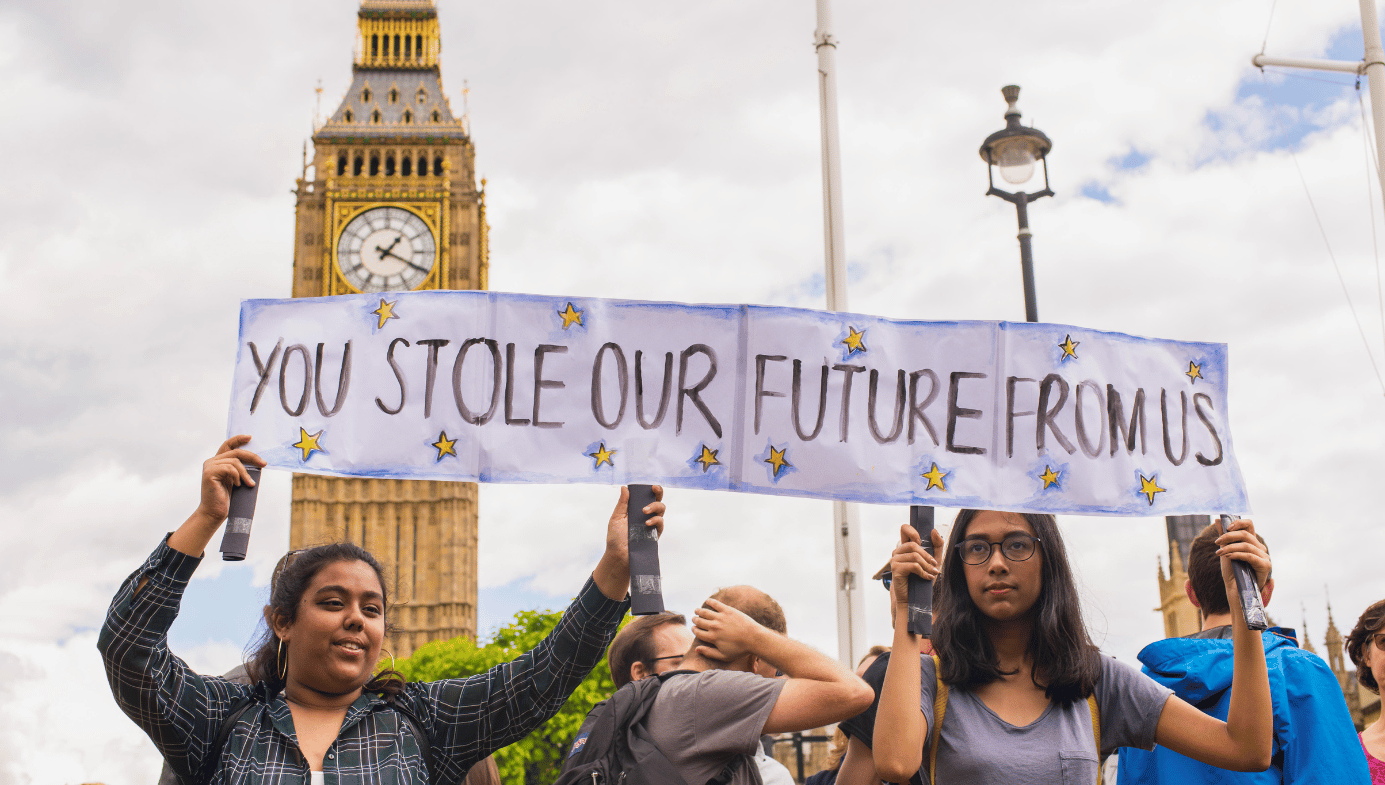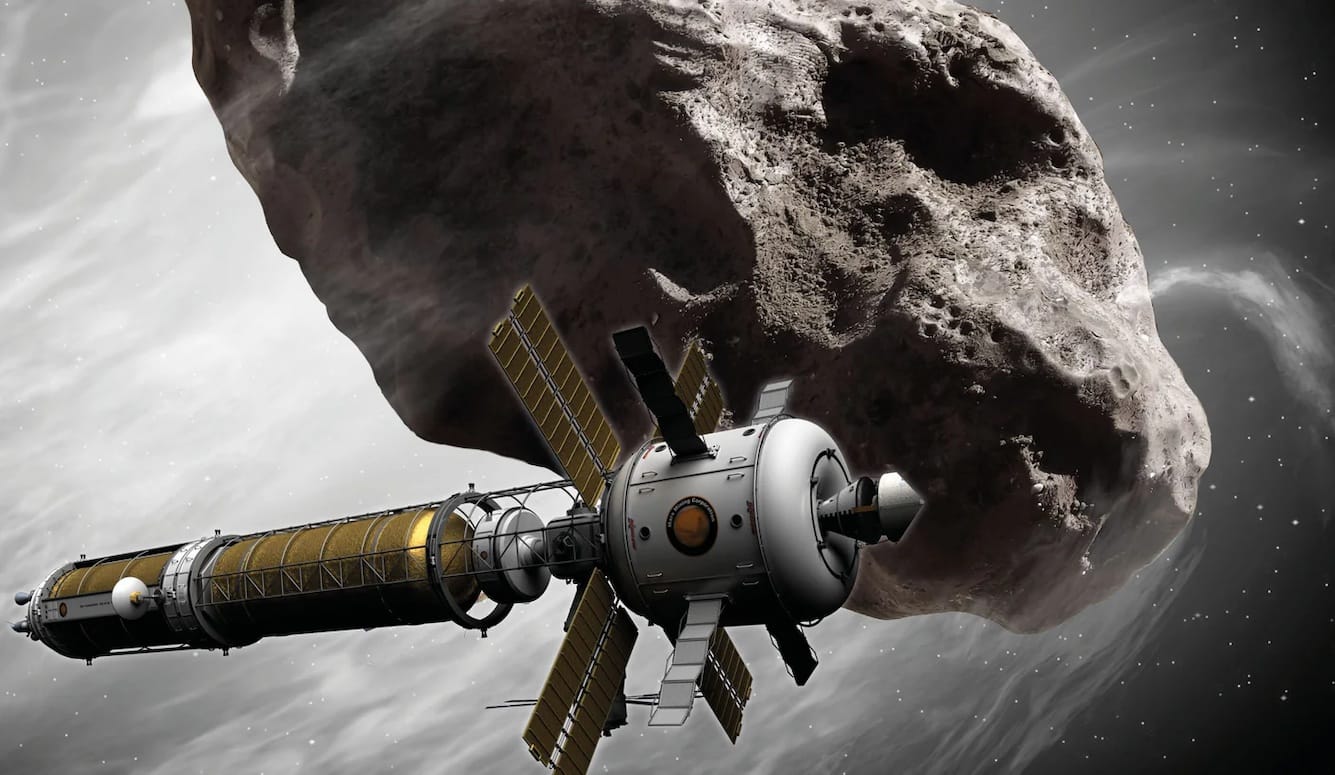Nationalism, Liberalism and the European Paradox
There would be calls for interventions, the topic would be urgently raised at the Security Council —and there might even be talks of sanctions or the arming of moderate rebels.

Imagine for a moment that an ethnic group declared a referendum of independence in an Asian country and the nation state in question promptly sought to take the act of rebellion down. Imagine that in the ensuing chaos over 800 people were injured in a brutal police crackdown. Imagine the international disgust if this had happened in Asia, or the Middle East, or Latin America, or even in parts of Eastern and Central Europe. There would be calls for interventions, the topic would be urgently raised at the Security Council —and there might even be talks of sanctions or the arming of moderate rebels.
Of course, nothing of that sort happened as the Spanish state declared the Catalonian independence referendum a farce.
Catalonia regional government says 761 people were injured in clashes with police over today's referendumhttps://t.co/piorHdw9p8 pic.twitter.com/idkJPmoiYw
— Haaretz.com (@haaretzcom) October 1, 2017
Despite threats and coercion, over 2.2 million people voted in the Catalonian referendum—as the Spanish Guardia Civil attempted to crush the protesters—and clashing with Catalan local police. Of the Catalans who managed to vote, 90% voted for independence. And today, thousands of people took to the streets in nationalist rallies in both Madrid and Barcelona, with a third group, dressed in mostly white calling for a dialogue between the Catalan and Spanish governments.
Thousands of flag-waving Spaniards rally in Madrid against Catalonia independence push. Read the latest here: https://t.co/5SrQC2X364
— AP Europe (@AP_Europe) October 7, 2017
Despite the rallies, and defying Spanish government pressure, the Catalans appear to be planning to declare unilateral independence any day now. Spain has declared the independence referendum invalid and has suspended the regional parliament session in which the referendum is to be discussed.
Spanish PM warns of 'greater harm' from Catalonia independence plans. https://t.co/gX9SoOlyS2 @MedTechpreneur
— Jeff Robinson, CEO and Chairman of M2bio 🌿🍄$MRES (@contrariansmind) October 5, 2017
Remarkably, EU officials have largely remained mute. France’s new great hope, Monsieur Macron has sheepishly supported Spain’s “constitutional unity,” which is weasel-speak for national sovereignty—a concept which is so often dismissed by the very same European nations if it happens immediately outside the geographical region of EU. And this attitude towards nationalism—that it is archaic and obsolete on the one hand, but vitally important on the other—is the core paradox, and, some would say, hypocrisy, that has been laid bare by this sudden outbreak of tension.
It is a hypocrisy because one could argue that since the collapse of the Soviet Union, there has been a consistent and very real attempt to undermine sovereignty in many different parts of the world. To be fair, this has been done with mostly good intentions in the name of institutionalism and global governance, the “responsibility to protect” and universal human rights. With history in the Hegelian sense seemingly over after the collapse of the Berlin Wall, nationalism and great power politics were thought to be a thing of the past—a quaint absurdity—an irrelevance and a barrier to true Enlightenment. But unfortunately history does tend to have a sardonic sense of humour.
At the same time within Europe, a new type of borderless utopia was promoted. The EU was an institution, a behemoth created to promote aspirational goals that has slowly morphed into something sclerotic and cumbersome. At first, the EU was almost a living and breathing organism, which, like growing larvae, started to swallow every country that approached it regardless of culture, language, norms, values or more prosaic economic considerations like labour mobility, efficiency, or comparative advantage. Everyone and everything was welcome, which, while a noble idea, was bound to fail due to the inherent contradictions and impossible trade offs that were bound to arise.

The entire European project was built on two fundamentally different ideas. One that promotes economic welfare based on borderless free trade, the free market and social individualism. And the other, promoting a centralized hierarchy, an elite in loco parentis which makes decisions about how many calories one should consume, what plastic one should import, and what gross picture of shredded lungs one should see on the front of a cigarette packet. It endorses sovereignty when it means rule by democracy and the protection of human rights, but not when countries decide to control their borders or their individual monetary and economic policies. Over time, defending these contradictions has become increasingly difficult, with cynical onlookers accusing technocrats of defending an unjustifiable and arbitrary set of principles.
All of this has resulted in three things. Regional ethnic groups in Europe have seen the examples of ethnic groups abroad undermining their own national governments, and they have picked up on these lessons. They also possess the same revolutionary technology—Twitter and the iPhone. Secondly, as Westphalian nation-states have been undermined repeatedly by borderless technocrats, identity movements based on ethnicity have begun to rise up. Humans, tribal at their very core, will always give in to the urge of having a cohesive social group to join, and a flag to wave high. And finally, there really is no logical counterargument to Catalans or Scots wanting to break apart from one union while staying in another. If ultimately, everything is going to be dictated by a handful of liege-lords in Brussels—why even obey the middle-man in Madrid or London?
These ingredients have brought about an explosive situation. If Catalonia sets the precedent, then Basque, Flemish, Frisian, South-Ossetian, and all other separatist movements will rise and solidify. Spain is now a case-study of two rival nationalisms clashing—the Westphalian state nationalism (Spain) versus the ethnocentric tribal nationalism (Catalan).
The future therefore remains uncertain. As of now, things have gone back to a kind of negative peace. But it is by no means over. The forces that were unleashed by the Catalan referendum will not lie dormant for long. Sooner or later, the Catalan government will have to escalate under the pressure of their mobilised public and this will inevitably invite a massive and disproportionate counter-reaction from Spain.
And that’s precisely how the gates of hell will open.












